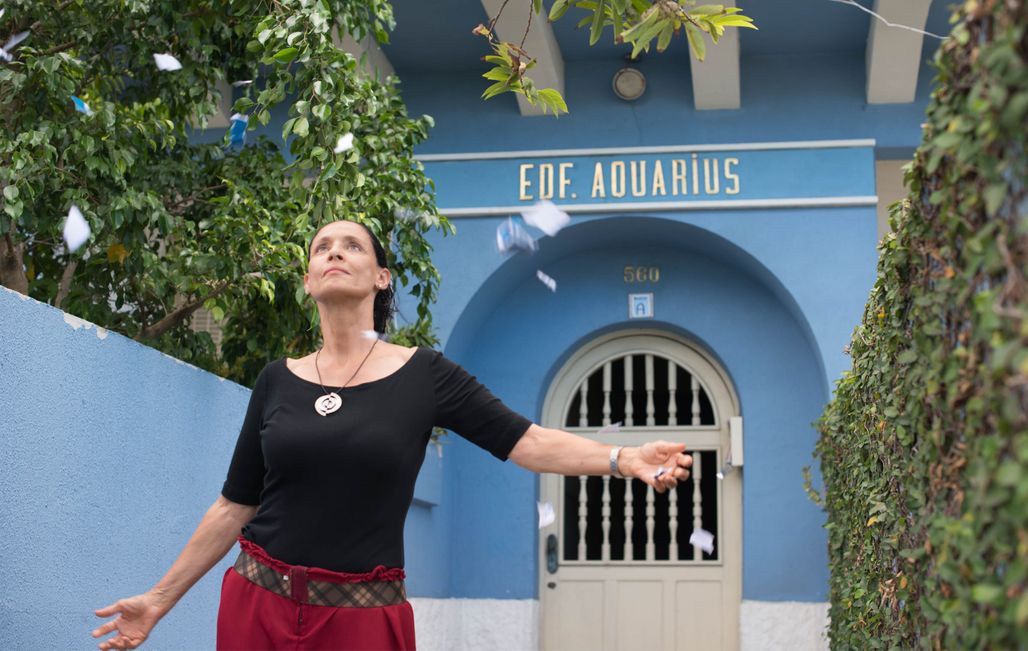
Aquarius, a return to Recife for Kleber Mendonça Filho

After Neighboring Sounds (O Som ao Redor ), the Brazilian filmmaker returns to his home town to film the impact that property speculation is having on its inhabitants. Aquarius also deals with the issues of conflicts in values through the struggle of Clara, a woman in her sixties, as she takes stock of her life.
A former critic and author of short films that have been well received at festivals, Kleber Mendonça Filho made his first feature film in 2013, an inventive, visually demanding film in which every detail is carefully crafted, including the haunting sound track.
Neighboring Sounds analyses the security paranoia of the residents of an upscale neighborhood. At the same time, it posits a much more political thesis, denouncing an archaic social class system that is engraved in the cold and static architecture of the residential apartment buildings. The filmmaker began by fragmenting the spaces and then composing the film the way a puzzle is put together, piece by piece, multiplying various genre approaches and creating breaks in the tone. In this way, a feeling of violence seeps in without ever actually showing violence on the screen.
Conflicts in values and property speculation
In Aquarius, Kleber Mendonça Filho describes the existential questions posed by Clara (Sônia Braga), a retired music critic who decides to take up the fight to remain in the old building she lives in, which is slated for demolition. Kleber Mendonça Filho explains that he was inspired to write this second feature film by the dismal fate of a run-down building, located on an expensive avenue in the city centre of Recife.
The film subtly points out the inter-generational conflicts in values and the wave of property speculation that has taken hold of Recife, by focussing on the psychological impact it has on its inhabitants. "In my films, the logic I apply is that of a witness to change, from a vantage point that is related to the context of a personal life," the director says.


